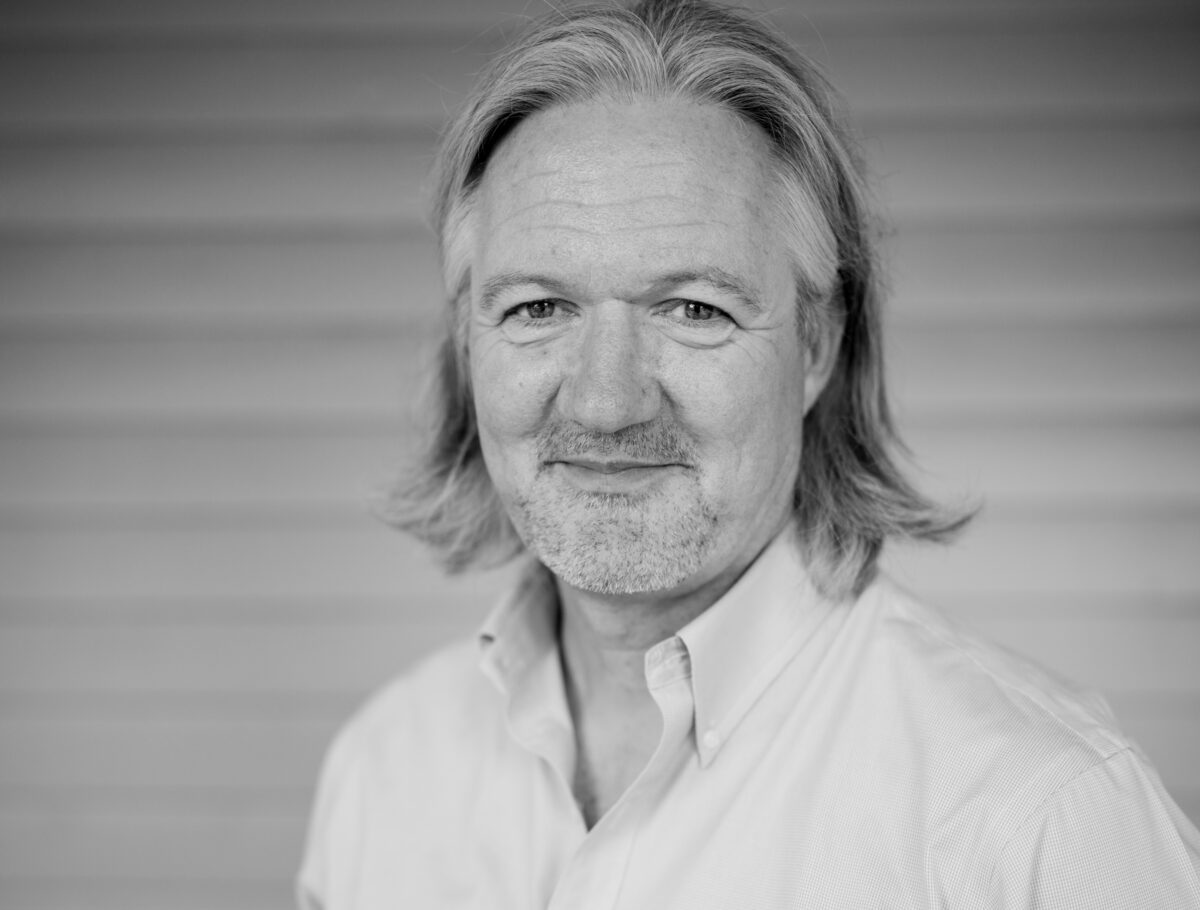Podcast – Willson Center Director Nicholas Allen on his book “Irish Literature and the Coast: Seatangled”

Nicholas Allen, Baldwin Professor in Humanities and director of the Willson Center, is interviewed by host Mike Livermore on the November 1 episode of the podcast Free Range. The podcast features interviews with a wide range of guests by Livermore, a University of Virginia professor of law, on topics in law, politics, philosophy, science, the environment, and AI.
From the podcast’s website:
On this episode of the Free Range Podcast, host Mike Livermore has a conversation with literary scholar Nicholas Allen about his recent book Ireland, Literature and the Coast: Seatangled.
The discussion begins with an examination of the book’s evocative title. Allen explains that the phrase “seatangled” comes from a scene in James Joyce’s “A Portrait of the Artist as a Young Man,” where the character Stephen Dedalus looks out at the seaweed shreds in the ocean as he contemplates his future. For Allen, this image captures the ideas of motion, flight, and piecing things together that are central to his analysis of Irish literature through the lens of the sea and coastline.
The core of the book consists of close readings of authors, artists and specific works related to Irish coastal life and culture. Allen elaborates that he chose works that have long been stuck in his imagination, ranging from an early 20th century novel about a shipping clerk to the coastal maps created by artist Tim Robinson. His aim was not to be comprehensive but rather to highlight neglected or forgotten histories and show their continued cultural presence. In discussing his critical approach, Allen emphasizes that he is less interested in making definitive arguments and more interested in creating rhythms and connections that allow readers to see texts differently. He wants to find a descriptive language that conveys sensation and experience without colonizing or containing its subject. This pursuit of openness, empathy and freedom guides his writing.
The conversation explores how the coast features as both literal place and literary metaphor in the book. Other topics include the creative aspects of literary criticism, the meaning of “critical thinking,” placing Irish literature in a global context, the complications of national literature as a category, and Allen’s surprising archival discoveries while researching the book. Allen illuminates a fluid, interconnected approach to Irish literature that breaks down boundaries and expands perspectives.
